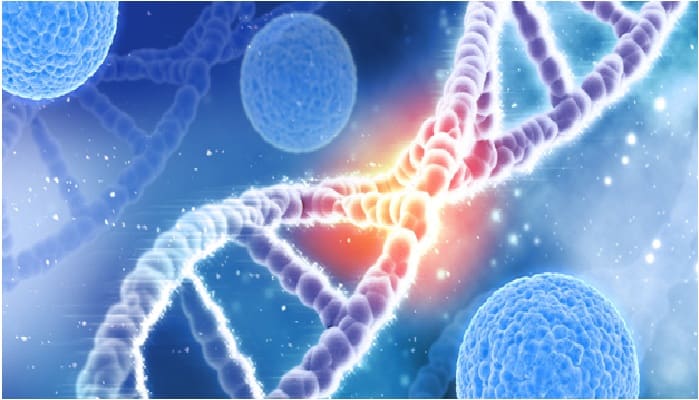The Lancet study is the first to showcase the practical use of prescription medications based on an individual’s genetic information.
The one-size-fits-all approach to pharmaceutical prescription is out of date. Patients may react differently to a specific medicine due to variances in the genetic code. For example, some people digest medication faster than others, requiring a higher dose to produce the desired therapeutic effect. As a result, personalised therapies are desirable. To help with this, researchers created a DNA medication pass, which links a patient’s genetic profile to medications whose processing is altered by DNA. Scanning the pass allows doctors and pharmacists to determine the best drug dose for the person being treated.
The study discovered that individuals who actively use the medication pass and have their doses changed based on their DNA, have 30% fewer significant adverse effects than patients who have been prescribed a regular dose of medication. A total of 7000 patients from seven different European nations had evaluations in oncology, cardiology, psychiatry, and general medicine.
Every participant received a prescription for a medication whose processing is genetically determined. Every patient’s DNA was first mapped. The next step was to examine 12 particular genes. The effectiveness of the 39 chosen medications was revealed to be impacted by 50 different genetic variations. A nurse expert visited patients up to 12 weeks after starting therapy to inquire about adverse symptoms such as diarrhoea, anaemia, nerve discomfort, or loss of taste.
The individuals in possession of the DNA pharmaceutical pass not only reported fewer adverse effects, but also high levels of pleasure with the pass itself. The pass, based on the researchers, offers patients a sense of being more in control because it involves them in their individualized therapy in a meaningful way.
Henk-Jan Guchelaar, a professor of clinical pharmacy at LUMC, oversaw the study. He has over 20 years of experience conducting research in the area of pharmacogenetics. They have established for the first time that a tailored strategy operates on a significant scale in clinical practice. According to Guchelaar, there is now sufficient evidence for them to move forward with implementation. Jesse Swen, Professor of Clinical Pharmacy, explains that this means the next step for us is to begin using the DNA drug pass.
Identifying the next stages of the execution process presents some questions for the researchers: Is it appropriate to repay the past? And should it be deemed the new standard of care? Swen and Guchelaar feel it should. This study, they believe, provides a solid framework for doing so. They aim to map the DNA of every patient who comes to the pharmacy, says Guchelaar. They can make medication more effective and healthier for each patient in this way.



















